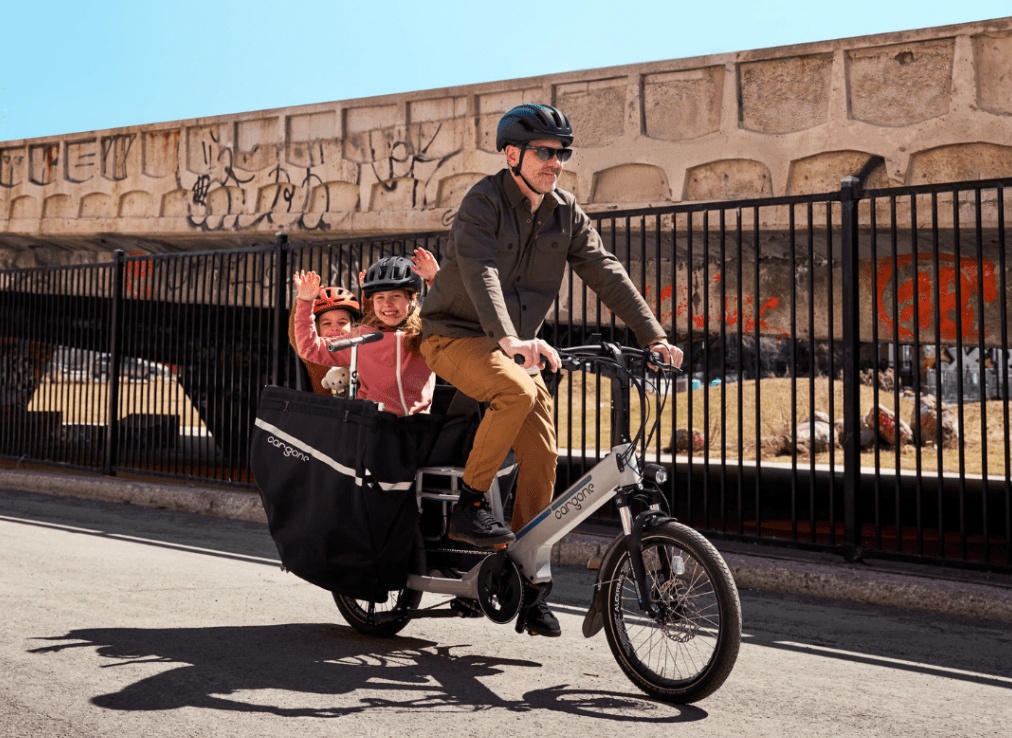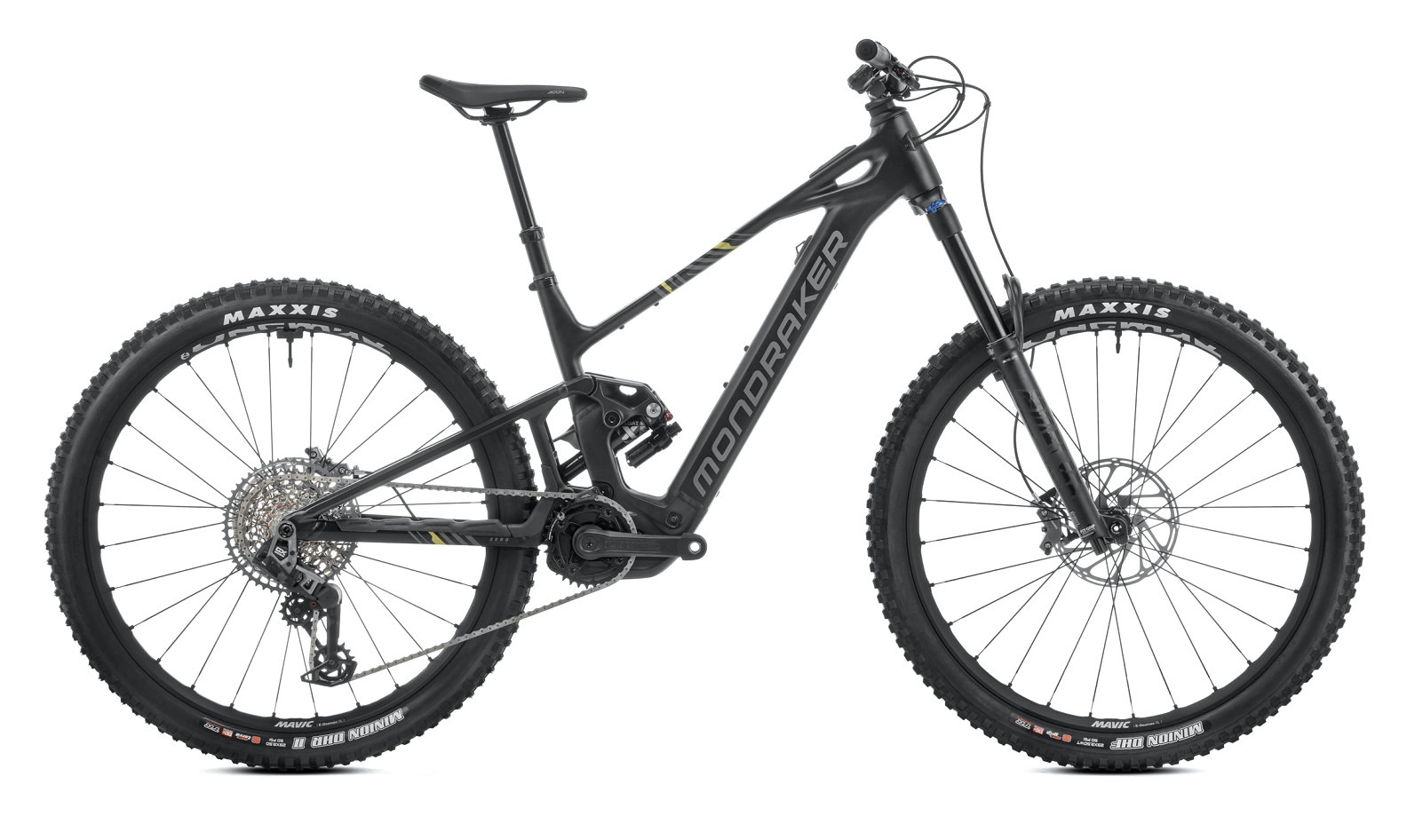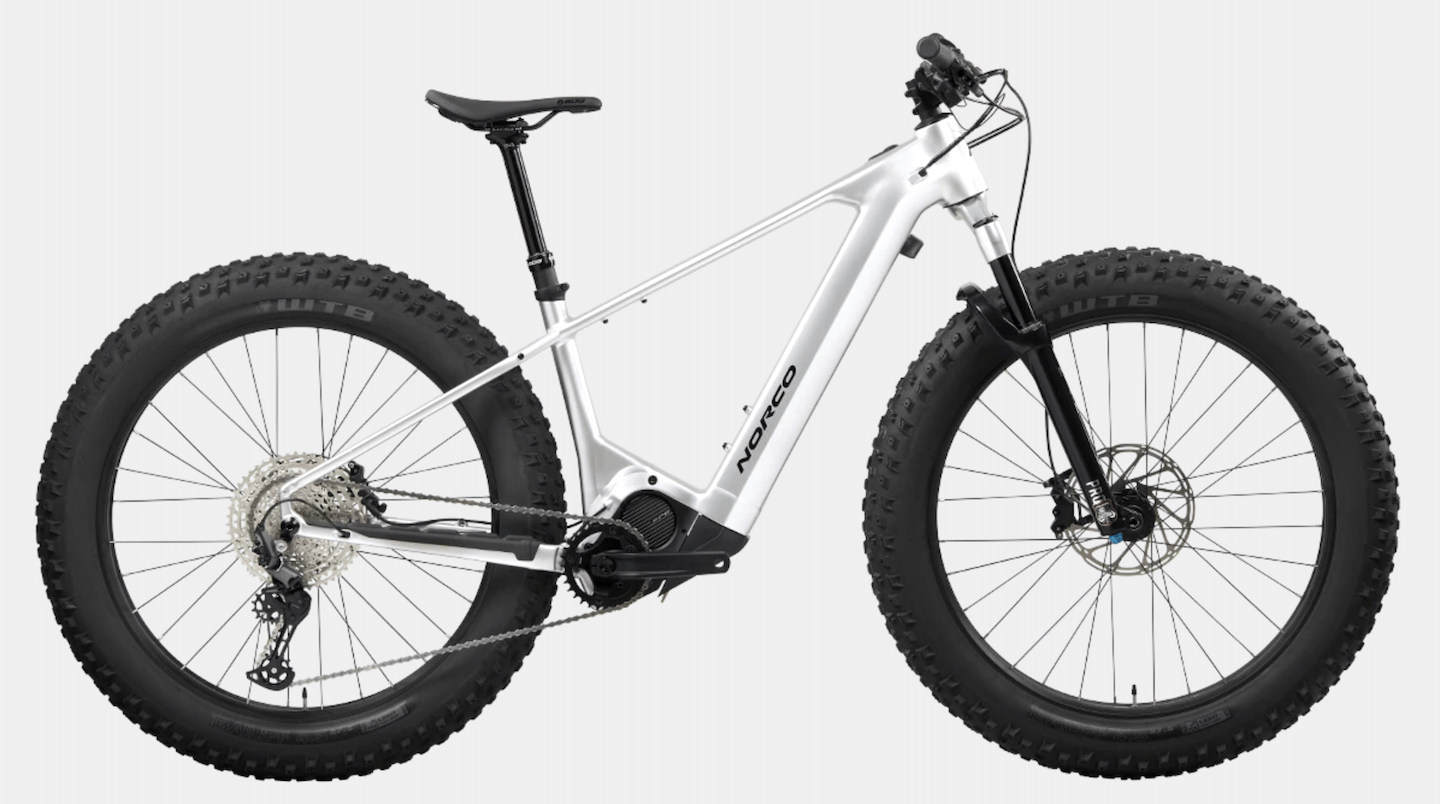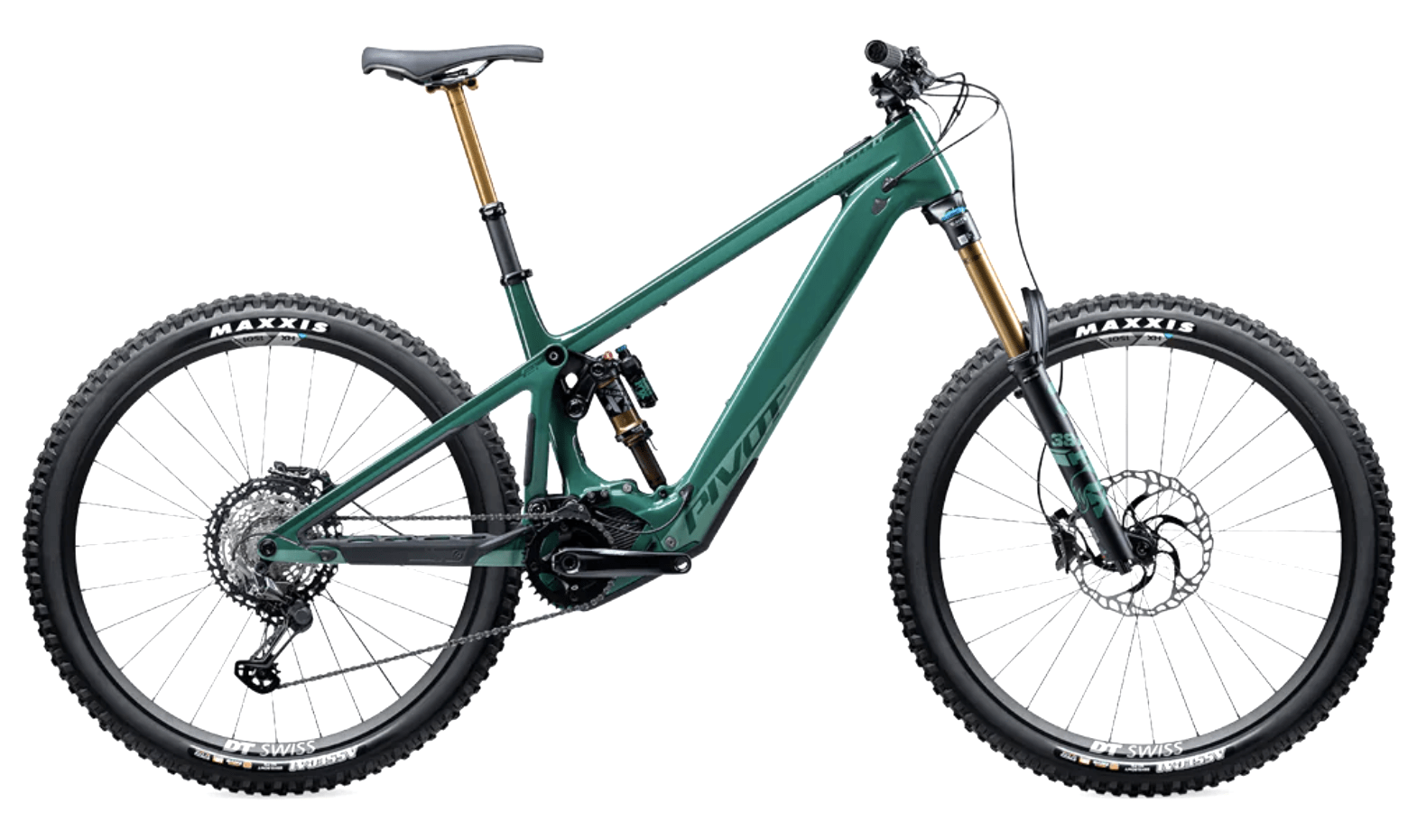January 11, 2024 - Cargo e-bikes — electric cycles specially designed for cargo transportation — represent an alternative, environmentally-friendly and safer mode for delivering goods and services in urban areas. However, lack of infrastructure, legal uncertainties, and a cultural and economic attachment to motorized vehicles has hindered their adoption.
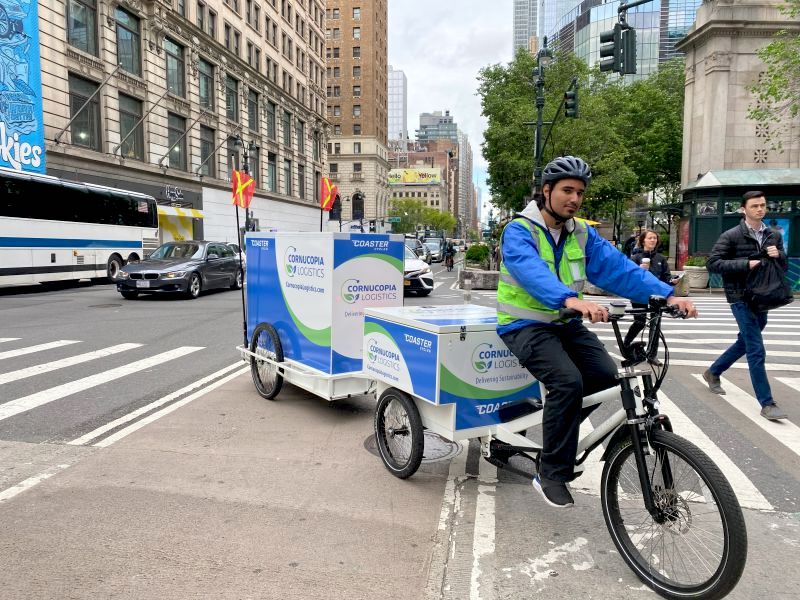
Cities play a crucial role in reducing these barriers and creating a leveled playing field where ecargo bikes can be essential to urban logistics systems.
This paper aims to inform urban planners about what e-cargo bikes are, how they have been successfully deployed in North America to replace ICE vehicles, and identify actionable strategies cities can take to encourage their adoption while guaranteeing safety for all road users.
“Cargo e-bikes are more affordable, as their total ownership costs are about 40 percent of the cost of a conventional delivery van. They are zero-emission, with an estimated total social and environmental cost of 12 percent of that of a diesel van and 14 percent of that of an electric van,” reads the report.
Read the in-depth Urban Freight Lab report here.
The Urban Freight Lab (UFL), housed at the University of Washington, is an innovative partnership bringing together private industry, academic researchers, and public transportation agencies to solve urban freight management problems that overlap private and public spaces and have wide-ranging benefits.







